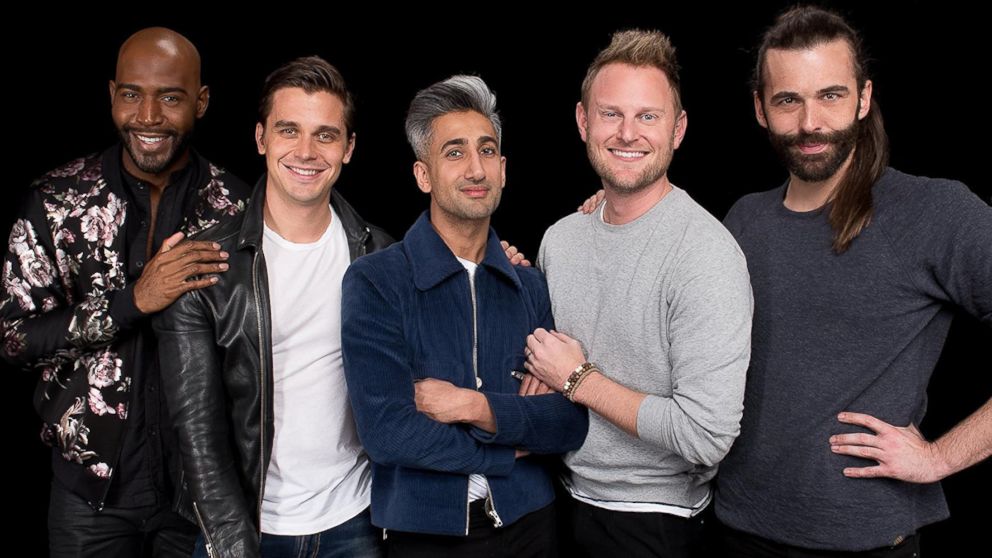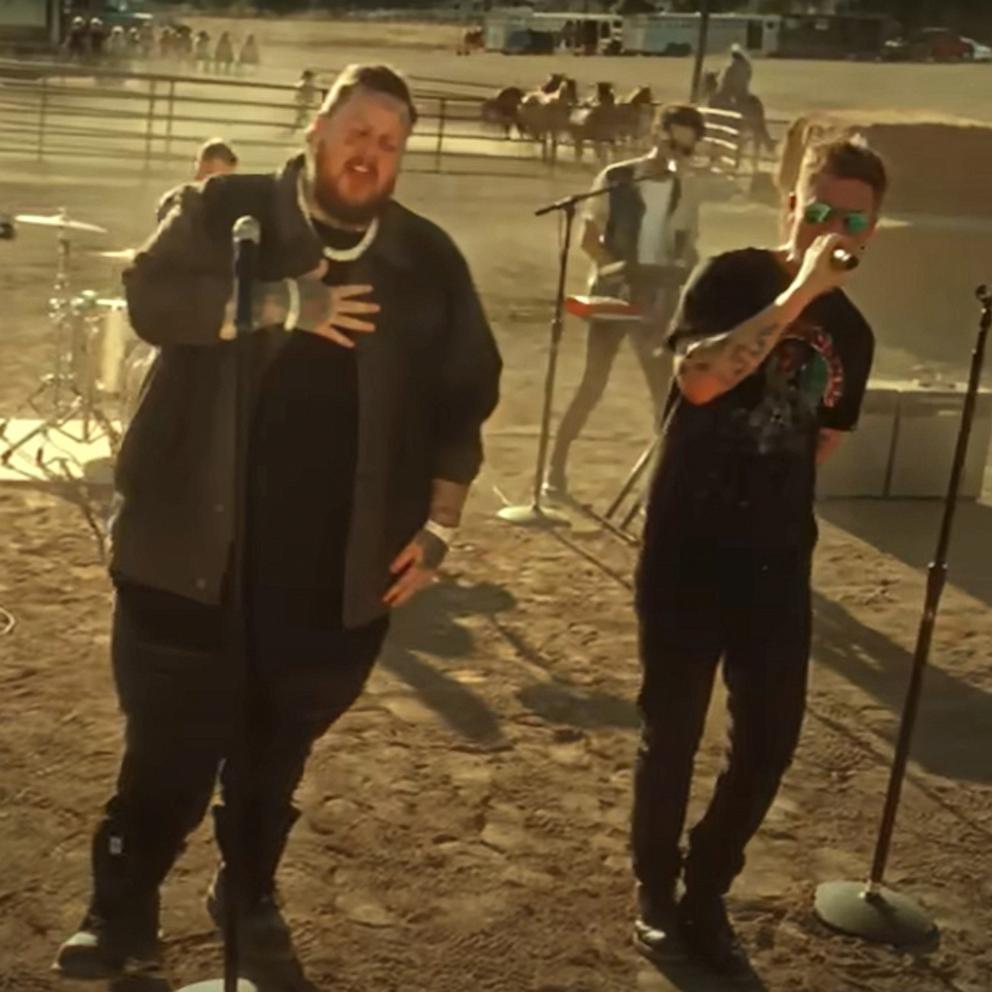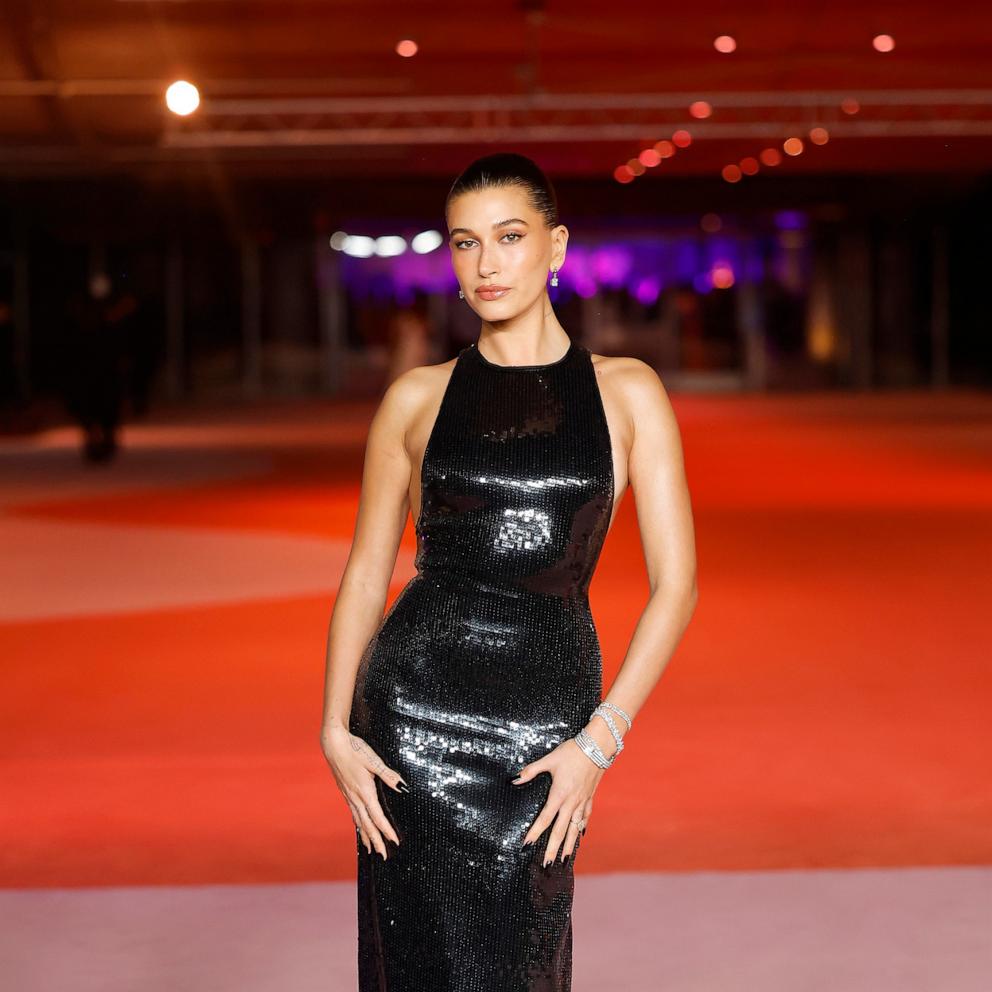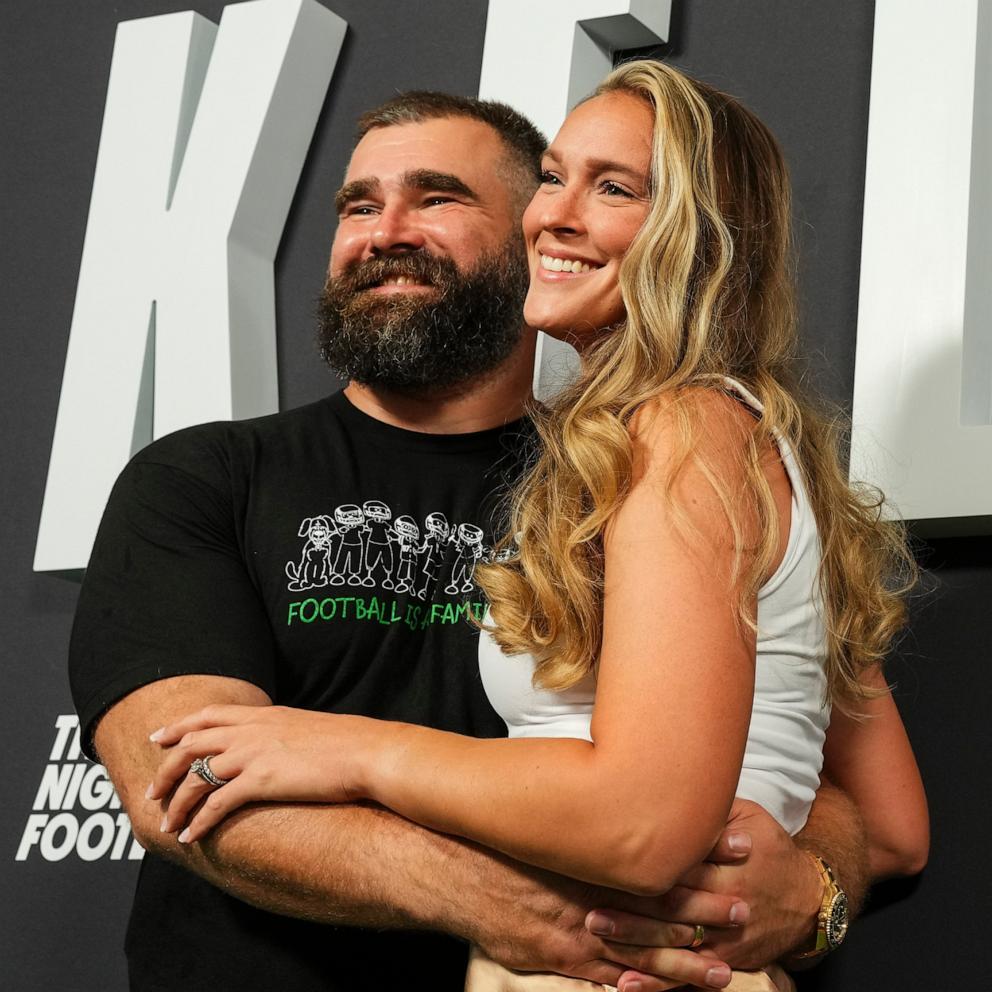'Queer Eye' Fab Five on how Season 1's biggest moments will carry over into Season 2
After pulling off eight radical makeovers in Georgia in its first season, "Queer Eye" is back for another round with the “Fab Five” heading back down south.
The Netflix reboot of the original “Queer Eye for the Straight Guy” TV series, which broke ground with its cast of openly gay men when it first appeared on television in 2003, brings with it a mix of a little social awakening and a side of sass.
“Back then [with the original show], people were accepting of gays if they were decorators and cooks and fashion. But god forbid, any of them would've been like, ‘My husband’ or ‘my children’ on the show. It wasn't accepted then,” Fab Five member Bobby Berk told "Nightline." “So I really wanted to bring that part of our lives into mainstream."
Watch the full story on "Nightline" TONIGHT at 12:35 a.m. ET.
Like in the original show, each cast member has a specialty. Berk focuses on home, Antoni Porowski is the food and wine connoisseur, Karamo Brown is the culture expert, Jonathan Van Ness is in charge of grooming and Tan France is the personal stylist. They call the subjects, or people nominated by loved ones for makeovers on the show, “heroes.”
"I wanted to give [audiences] an idea of who I am and what I represent, something that they've probably never met before," said France, a married, openly gay Muslim.
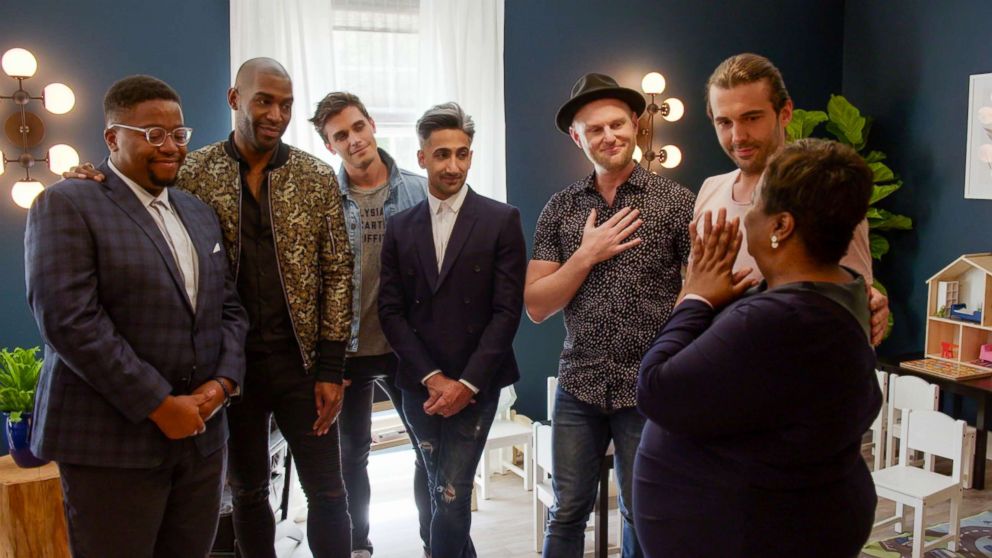
Throughout the first season, the Fab Five openly talked about their own marriages and families.
"It's so important to see [LGBTQ] people that are married. I love that story. I used to lose so much sleep. I was like, 'Will I ever, like, be able to get married? Like, will I ever even be allowed?'" Van Ness told “Nightline.”
The old title, “Queer Eye for the Straight Guy,” was also changed to “Queer Eye” to make the show “more inclusive,” Berk said.
The first season had intimate and emotional moments. In one episode, the Fab Five helped a gay man come out to his stepmother.
“I had realized with AJ's episode, I had actually never spoken to an audience or any group of people about sort of coming out or what that's been like for me or my sexuality,” Porowski said. “I went in with sort of, like, this naiveté where it was like, ‘We're just gonna dance around that and I'm just going to sit here and prepare meals for these people.’
It sort of made me realize the gravity [of] like, ‘yeah, we have a voice here and we're able to tell our stories and it's not about being preachy but it's about sharing those intimate details and those personal experiences and what those feelings were like because there's relatability in that,” he added.
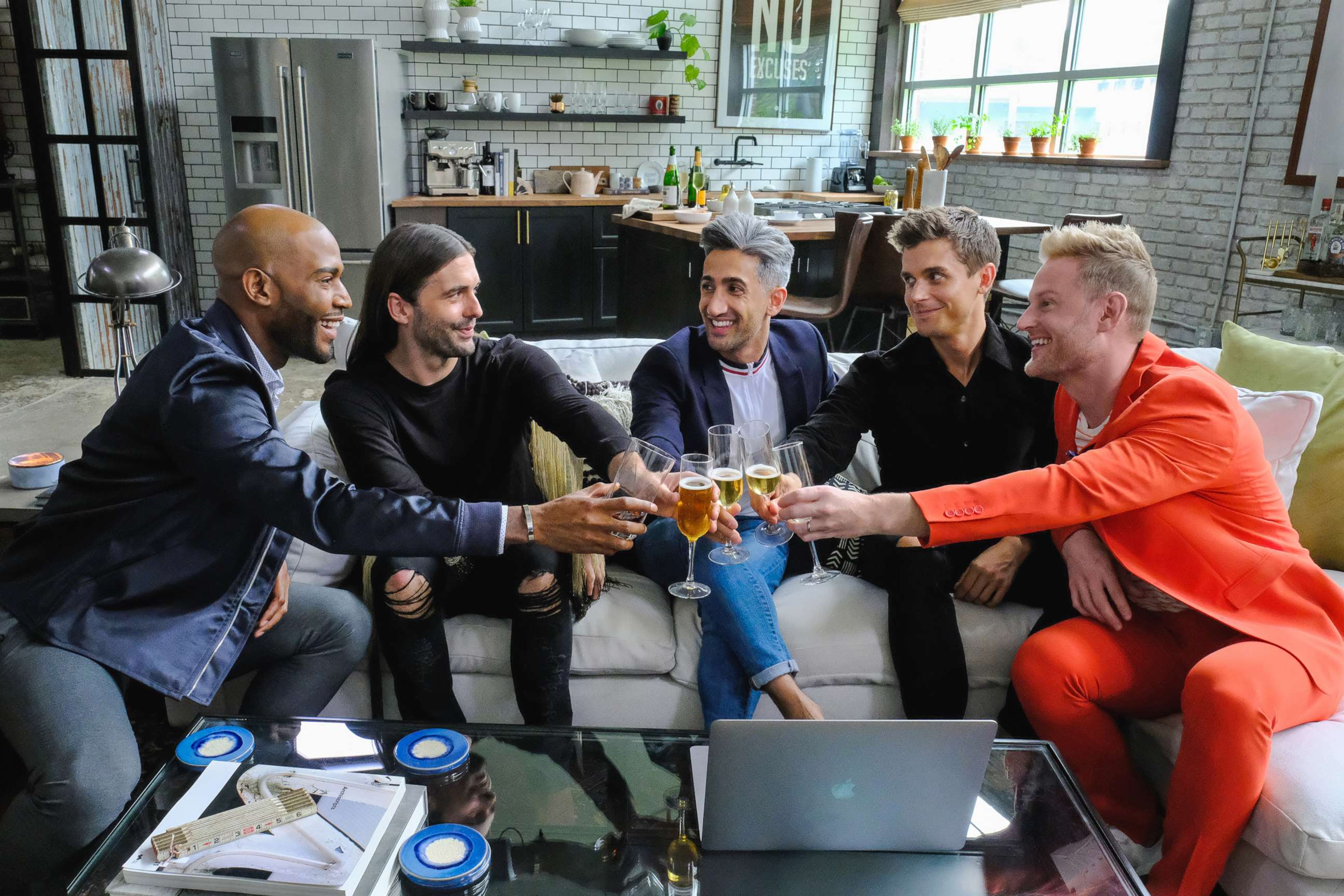
The second season is promising even more inclusivity. For all the moments that make the audiences grab the Kleenex, the new series was also noted for delving into tough political issues.
In one episode, Brown, who is black, is pulled over by a white police officer and a tense interaction ensues until it’s revealed that the officer was the one nominating his friend and fellow officer, Cory, and had pulled the Fab Five over as a prank.
Brown said he had no idea he was going to be pulled over as part of the show.
“They told me because I was supposed to be driving,” Berk said. “ [Karamo] fought me for those keys and finally I was like, ‘Alright, if [he wants] to drive.’”
Later in the episode, Brown has an emotional conversation with Cory, who is the subject of the episode, about policing in America.
“In our country, right now, there [is a] tension between cops and African Americans,” Brown said. “People are not communicating anymore. They don't know how to see eye to eye. And me having that moment with him where I felt triggered as an African American man in this country, I said, ‘Either I can stay closed off or I can allow myself to be open to this man… who's different than me and say, 'You know, can we talk… man to man, father to father.'"
“I came away realizing that, for some time in my life, I started to dehumanize police officers because of what we constantly see on our social media feeds,” he added.
The cast said the show had also been an important source of personal reckoning for them. Berk, for instance, said he'd originally wanted to steer clear of the sensitive topic of religion, which was touched on in the episode with Bobby Camp, a married Christian man with five kids.
“I had said, 'No.' But I thought it was really important to, kind of, show that side of it and to ask Bobby [Camp] how he felt about homosexuality as a very religious person,” he said.
And that episode, he said, got an enormous response.
“I've gotten countless DMs (direct messages) from even pastors who have said to me, 'You have literally changed my entire view on homosexuality. ... To hear you say that you begged God not to make you gay and you still are made me realize it's not a choice,'" Berk said.
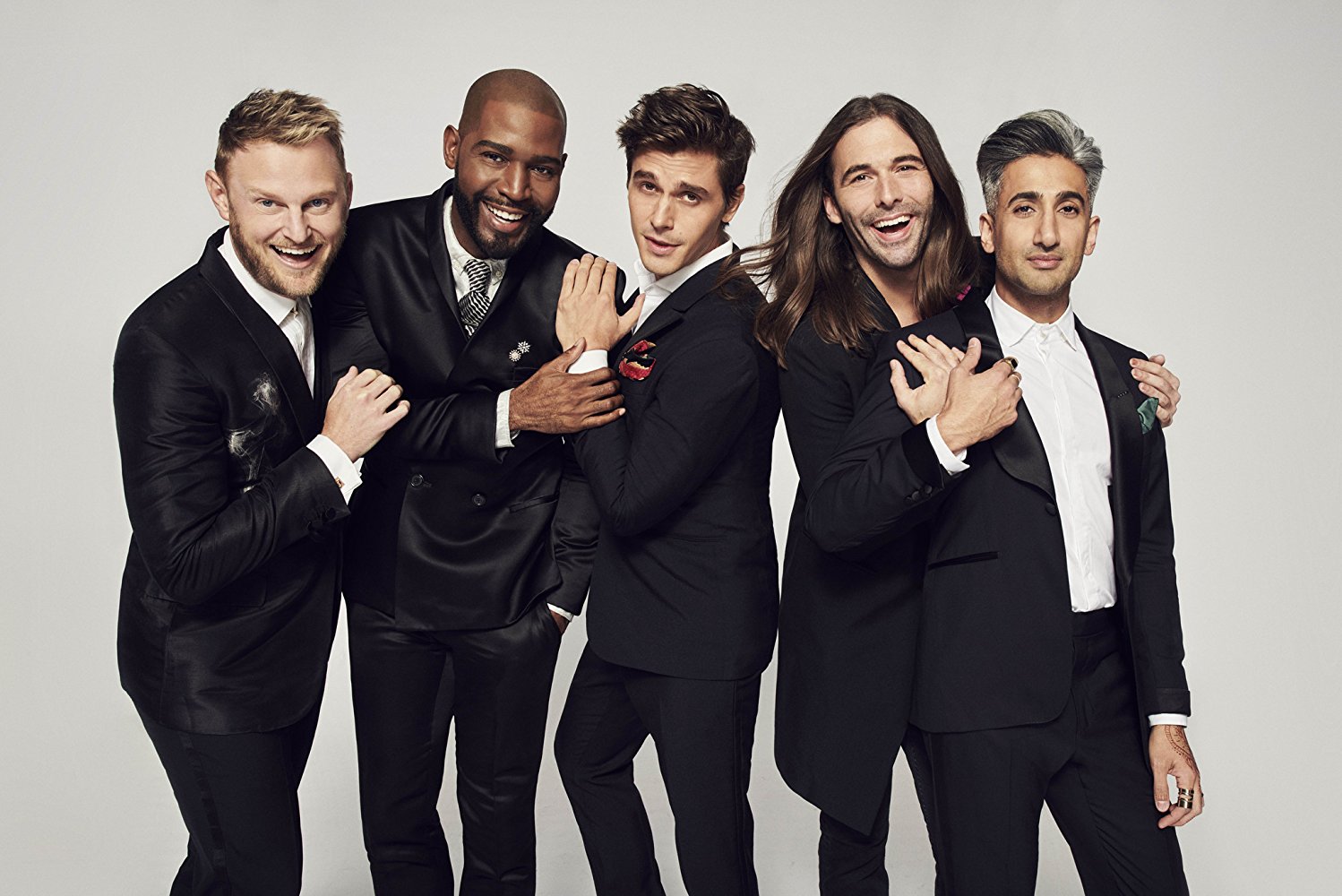
The show’s sincerity and soft touch has made it a success, off-setting criticism that on “Queer Eye,” confidence can be found easily in purchasing new bed linens or getting a fresh shave. Audiences have responded to the heartfelt moments in which characters struggles’ give way to self-love.
“I think that, with the love part, all of our heroes … expected us, when we walked in, to find everything we could that was wrong with them,” Berk said. “But our goal, really, was to walk in and try to find everything that was good about them so that they can see that. They couldn't see themselves like we did, you know?”
“Men are so often told to close it off,” Brown added. “Think about every young boy that starts to show emotion. A coach, a father, a mentor, teacher says, 'Stop that. You're acting too girly.' ... Why is that? And so for me, it was deconditioning them from that mindset and that behavior to let them know, 'No, it's OK.'”
The Fab Five’s personal stories have resonated with younger fans, many of whom find they can relate to the show’s stars.
“I grew up so severely bullied and so severely aware of how I was. [I was] really, really overweight. My hair was this wide. You could stick, like, a spoon between my buck teeth,” Van Ness said. “So many people have said to me, like, 'Thank you for looking, being different.'”
“But I've given a way for people who don't see themselves as fitting a mold to, like, give them permission-- not to use my own catchphrase -- but to give them permission to be comfortable in their skin,” he added.
Watch the full story on "Nightline" TONIGHT at 12:35 a.m. ET.
